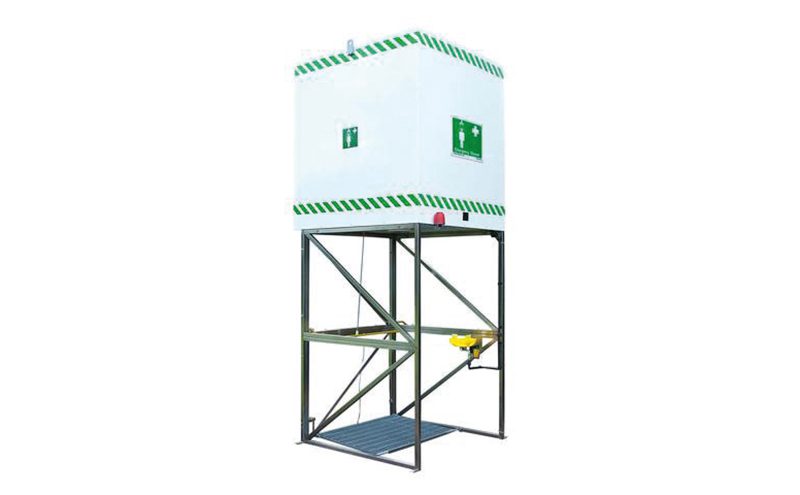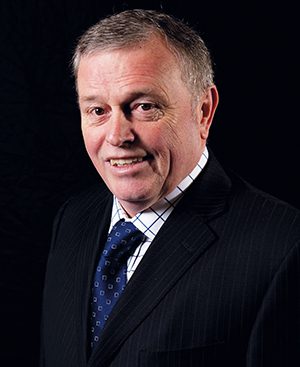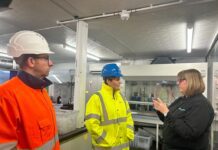Bruce Wishart, founder of award-winning spill containment firm Empteezy, offers thoughts on Brexit, the changing face of the spills sector and safeguarding your premises

• How did you come to be managing director of Empteezy?
I became MD of Empteezy the simplest way, by starting the company 31 years ago in 1986 in a rented second world war Nissan hut at Broxburn with the first product I designed. The product was a forklift attachment that could be used to easily empty waste into skips, Empteezy was born and has continued to thrive in Scotland ever since, also expanding to Europe over the years.
• What’s a typical day like?
There’s no such thing as a typical day in this industry, like many others. It can be 9 to 5 one day then up at 4am the next to catch a flight. As we have production plants in France as well as the UK and sales Warehouses throughout Europe, traveling to meet customers and visit our teams is a big part of the job.
• Where do you see the biggest opportunities in the spills control or spills containment sector in the years ahead?
The move of manufacturing jobs to low cost economies is creating a market for our type of product in these regions, as they have to comply with stricter European or US regulations. Competitive specialist manufacturing companies like Empteezy that can adapt to this are growing rapidly within this space.

• Are there particular challenges at the moment, for firms looking to implement appropriate spill countermeasures?
The challenges facing companies introducing or updating their spill control and response plans are the complexity of regulations covering the different types and quantities of liquids being stored and used on site or in their premises. Proper risk assessments by qualified personnel are required to make sure that the correct equipment and procedures are put in place to ensure compliance with current regulations, insurance requirements and audit systems such as ISO1401. Empteezy has been providing this service for over 30 years.
• How do you see Brexit impacting the spill containment industry, and what are your feelings about it in general?
Brexit is causing uncertainty which is never positive. All current environmental regulations are based on EU Directives. The UK spill control industry imports much of the products used, and as a UK manufacturer we could gain from that but on the other side our exports to Europe could suffer from any tariffs imposed. As a net exporter to Europe we have to work on increasing productivity to offset any tariffs that are imposed. In a period of rising raw materials due to a weak GBP, this is one of the most prominent challenges we are facing.
• You have contributed to the Social Bite project, which aims to help tackle homelessness. Can you tell us a little about how you became involved and why?
Business must have a social aspect to its operations, and Social Bite and the work that it does helping the homeless has a personal edge for me. At age 16 I left home and for a short period experienced rough sleeping as it is now termed. This was a long time ago and only for a few weeks, but you don’t forget these challenges in life. I am now in the fortunate position to help a little and am grateful to be able to do so.
• What single measure or policy would you recommend as likely to have the biggest impact on the environment?
As there is so much uncertainty around Brexit in relation to environmental regulation, it would be a positive step if we had confirmation that the UK will adopt current regulations.







